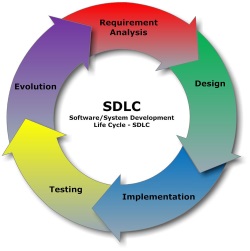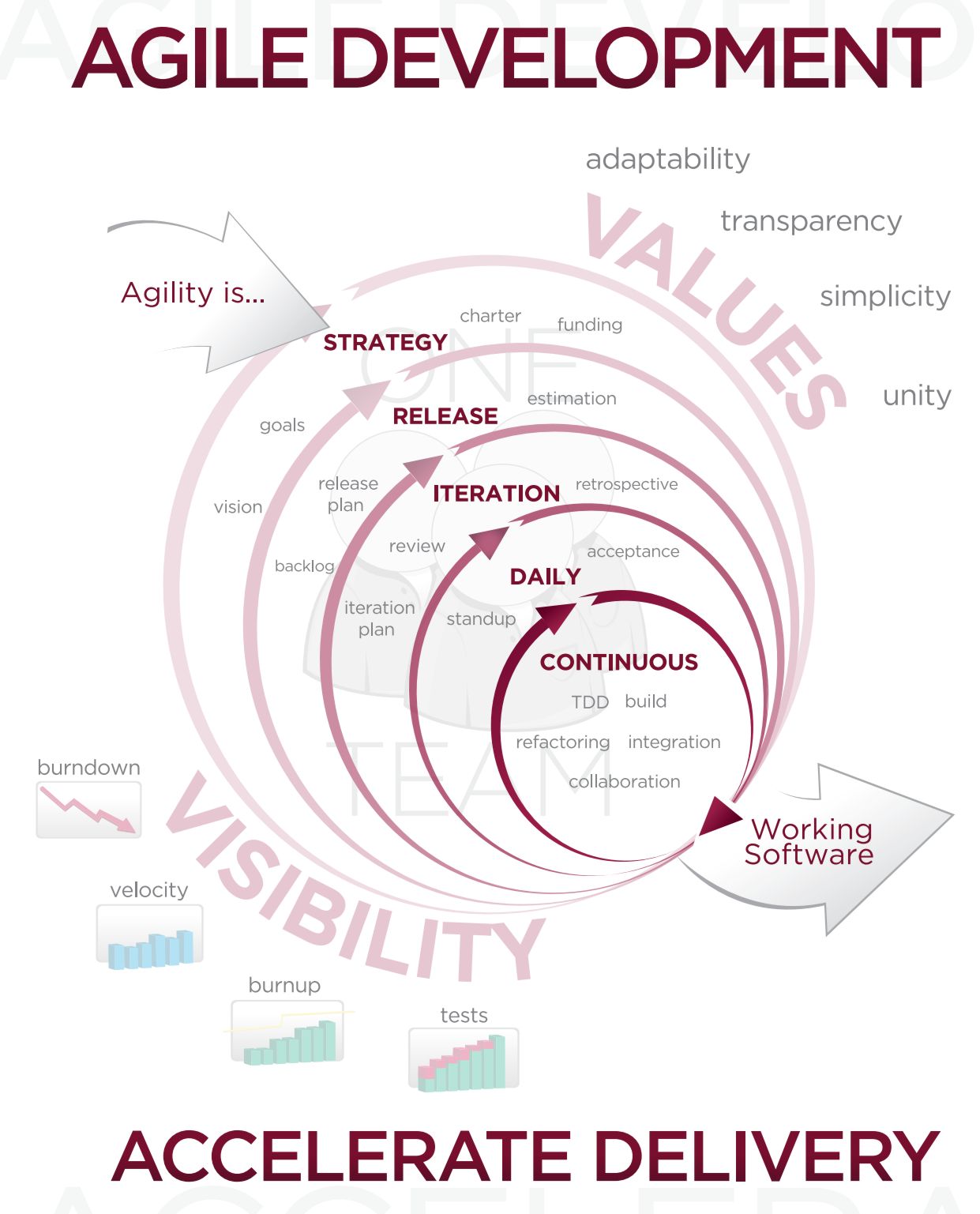The Sterling Heritage Information and Technology business group provides a full spectrum of technical and systems support services surrounding the systems development lifecycle. Our capabilities include strategic planning, system design, engineering, software development, independent verification and validation, maintenance, and logistics support.

Sterling Heritage supports engineers, technical managers and system professionals in overseeing the integration of their system requirements as they grow from system concepts and architectures through testing and deployment. We work alongside our client teams to provide comprehensive business case analyses that shape planning and policies. The hallmark of our support for system design is requirements development, system documentation, and planning for the many complex facets of the development lifecycle.
We have assisted in the development of such core, mission-critical systems as the Information Technology Backbone for the Pentagon Renovation, the State Department’s Message Archive Retrieval, and Tracking System (SMART), and several systems at the Centers for Medicare and Medicaid Services required to implement and manage the new Medicare drug benefit created under the Medicare Prescription Drug, Improvement, and Modernization Act of 2003.
The Sterling Heritage Information and Technology business group has the skill, experience, and client focus to achieve a high level of customer satisfaction as reflected in the lasting relationships that we maintain with our clients.
We are committed to providing experienced program management personnel who are focused on client and customer service. These professionals have operational business management backgrounds and are ready to support the systems, resources, budget, and programmatic needs of client partner organizations. Our team is carefully selected to match the competencies required for both on-site and virtual support and is well trained in providing daily operational support in oversight, monitoring analysis, and reporting. We are currently providing on-site program management support to the Centers for Medicare and Medicaid Services Office of Information Systems as they address the challenges of replacing and updating multiple outdated, fragile, and rigid systems. Our breadth of experience helps decision-makers plan for time sensitive execution while maintaining quality implementation.
As team oriented professionals, our program management personnel are capable of spearheading tasks independently while providing effective research and analysis, appropriate methodologies, and disciplines of their training.
Sterling Heritage assists clients in implementing and adapting the Agile development methodology. Agile development increases communication between specialized teams and enables each of these teams to actively work towards releases simultaneously rather than separately. Agile offers a multitude of benefits over the traditional practices associated with waterfall methodologies:

The “inspect and adept” approach to development limits the chances of project failure. With increased communication, increase in development check points and the ability for teams to develop software and gather requirements at the same time, a project is less likely to suffer from the exceedingly long software development phases (planning, requirements gathering, design and modeling, etc) known as “analysis paralysis.” With a two week work cycle, project stakeholders are constantly in communication and can easily calibrate releases for real world success. Our team can help your organization build systems right the first time with limited issues, increased speed, and at minimal cost.
Our program integration and project management business line encompasses a variety of critical work solutions that consistently meet the demands and requirements of our clients. Our comprehensive support includes business process improvement, requirements analysis and development, functional and operational support, and all facets of human capital management. Our experience and core understanding of these disciplines has allowed us to provide exceptional service in the interests of our clients.

Sterling Heritage uses an integrated approach that includes our BPM Adoption Model. This approach was developed based on our knowledge and expertise in the areas of process improvement and management, operations and change management, and project and risk management.
Our BPM Adoption Model provides a framework to aid navigation through the various stages of BPM and enables enterprise-wide BPM adoption of both manual and automated processes. The BPM Adoption Model includes the six phases. The key activities of each phase are described below: